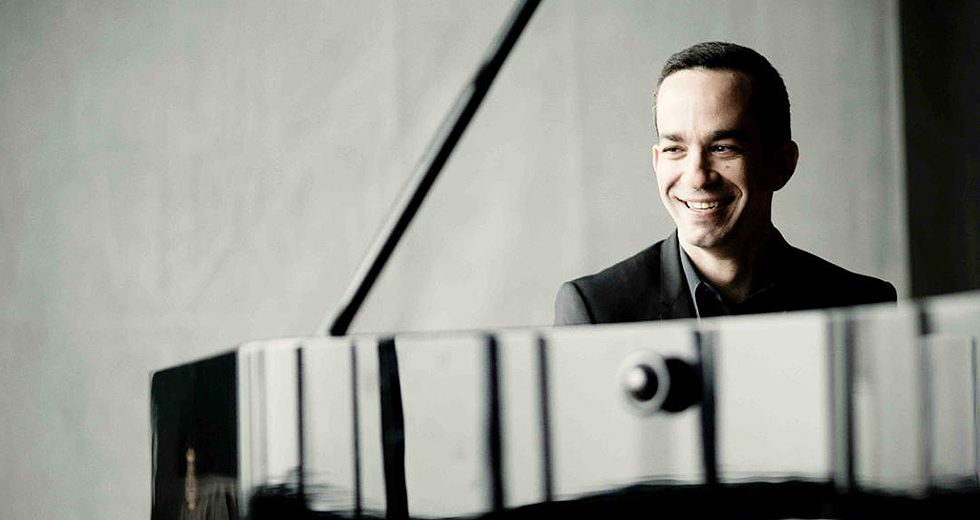
When pianist Inon Barnatan returns to Ravinia this summer, he’ll be there to extend the history of an institution. Every season from the mid-’70s, the festival has presented a high-spirited, evening-long celebration of Tchaikovsky, since the composer’s tuneful, dramatic ballets and symphonies are among the world’s most beloved classical pieces
For the first time, the ever-popular Tchaikovsky Spectacular occupies a full weekend, July 21–22, with concerts featuring the Chicago Symphony Orchestra, under conductor Ken-David Masur. The Violin Concerto — with Miriam Fried, the venerable, 25-year steward of Ravinia’s Steans Music Institute, as soloist — is the centerpiece for July 22, the traditional Sunday concert, and Israeli-born Barnatan will join the CSO as soloist in the First Piano Concerto on July 21.
Barnatan’s perception of the work has changed over time. “[Tchaikovsky’s first] piano concerto is a piece I never thought I would fall in love with as much as I did,” said the pianist, who spent three summers in the early 2000s as a fellow at RSMI. Winner of a prestigious Avery Fisher Career Grant, Barnatan has a thriving international career, last year concluding a three-year appointment as the New York Philharmonic’s first Artist in Association. “You hear it so much, but as soon as I started playing it, I realized how different it was from the image I had in my head.”
Many regard the concerto as “overblown and very bombastic, but actually, it’s really an elegant and beautiful and graceful piece,” Barnatan said. “It has more in common with Swan Lake than the 1812 Overture.”
His comparison can be confirmed in person, as the July 21 concert opens with excerpts from Swan Lake — one of Tchaikovsky’s three major ballet scores, along with The Sleeping Beauty and The Nutcracker — and of course finishes, per Ravinia’s long-standing tradition, with the 1812.
Barnatan discovered surprising aspects of the concerto during a deep-dive analysis of the score. “Sometimes people in our business forget to look at the score,” he said. “They go by how they’ve heard the piece before or a recording. I think that’s what happened. Somehow it took a wrong turn and was seen as a vehicle for pianists to show off. Over the years, it became more extroverted, like a kind of compounding interest.”
This is an excerpt of an article published in the Ravinia magazine; to read the complete version, click here.